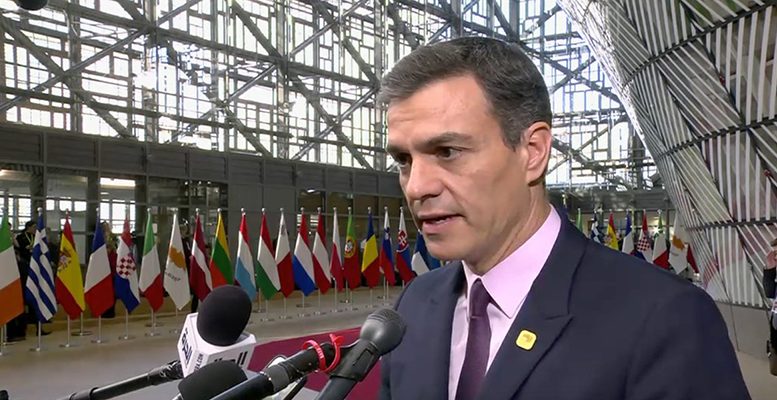Fernando González Urbaneja | A few weeks ago the European Commission’s forecasts on the performance of the member states’ economies were a cold shower for the Spanish government’s optimism. It preaches that the economy is doing better than well, that the future is one of more than recovery and that Spain is amongst the best in the class. The government bases its arguments on two facts: employment is going well, getting better and better, with more than 20 million contributors and growing at a good rate, and tax revenue is growing at double-digit rates. These are objective and true data that are not compatible with a recessionary phase.
However, the estimates of almost all international organisations and analysts leave little room for official optimism. It is obvious that they all draw from the same primary sources and that they share many of the same criteria for analysing the data. But the conclusions do not coincide. At the same time, the opinion of the opposition, mainly the PP and its leader, Pablo Casado, warns that the economy is showing signs of catastrophe, of bankruptcy, to use their words. The government’s optimism convinces the editorialists of EL PAÍS who endorse this impression at every turn, while EL MUNDO and ABC take the opposite, more pessimistic view. It must be another proof of the “alternative realities” that Trump’s spokesmen used to refer to what they saw.
Nor should estimates and forecasts on how economies are doing be taken very seriously. Amongst other reasons because there are so many uncertainties, so many surprises and unforeseen events that forecasting is more like witchcraft than science.
Government optimism has fewer and fewer followers every day, but this does not discourage either Prime Minister Sánchez or his vice-president Calviño. They continue to believe in the vision of a “vigorous” recovery, one of the strongest in the region and with reasonable guarantees of lasting. That is why they are committed to a proactive Budget 2022 which will save the day, for a recovery that leaves behind the double crisis of the past decade.
At this point, the budgets are guaranteed regardless of the outbursts of the ERC, which plays to the gallery and for very striking clientelist interests that give the measure of its identity-based nationalism and the excesses that usually accompany these emotions and feelings. What is being discussed is not the viability of the budgets, nor their quality; the debate is taking place in other areas. The opinion of the specialists on these budgets can clearly be improved, and the more agreeable ones consider them to be unrealistic and not at all credible. But the key to the future lies in the European funds, billions of euros that have already been allocated but which must be tendered and awarded with precise deadlines and strict controls. The good use of these European resources can lay the foundations for recovery and their misuse can mean a lost decade.





